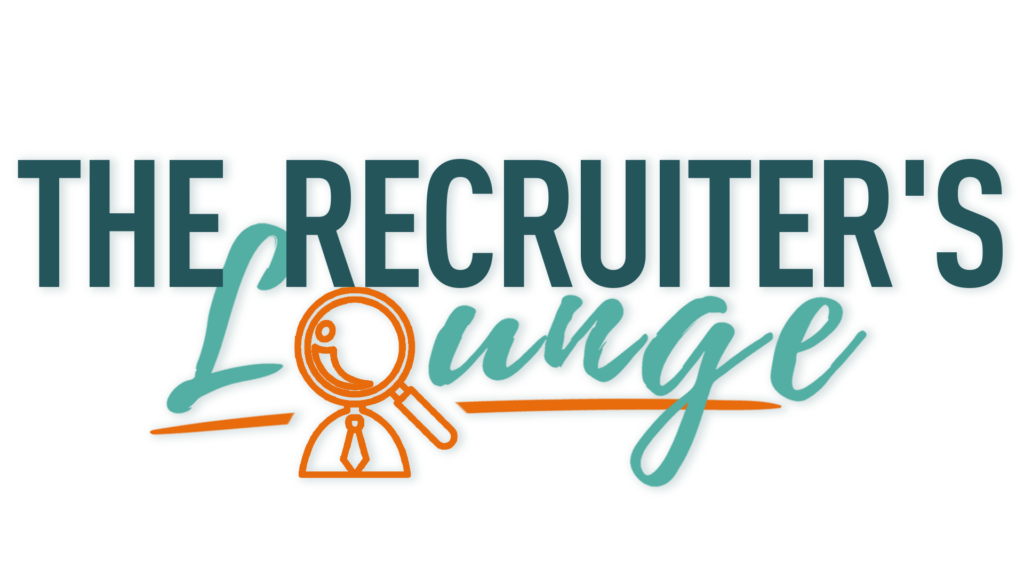As technology continues to shape the landscape of recruitment, Artificial Intelligence (AI) has emerged as a game-changer. AI-powered tools are transforming the way organizations find, screen, and engage with candidates. However, like any innovation, AI in recruitment comes with its share of advantages and challenges. In this blog post, we’ll delve into the pros and cons of AI in recruitment, helping you navigate this dynamic landscape with a balanced perspective.
Pros of AI in Recruitment
1. Enhanced Efficiency: The average amount of time HR managers claim they waste each week on manual operations that could be automated is 14 hours. AI streamlines time-consuming tasks like resume screening and initial candidate sourcing. This enables recruiters to focus on higher-value activities, such as building relationships with candidates.
2. Improved Candidate Matching: AI algorithms analyze candidate profiles against job requirements, leading to more accurate and efficient candidate matching. This results in better-fit hires and reduced time-to-fill.
3. Reduced Bias: AI has the potential to minimize unconscious bias in hiring by focusing solely on candidates’ qualifications and eliminating demographic information during initial screening.
4. Scalability: AI tools can handle a large volume of candidate data simultaneously, making them especially valuable for high-volume recruitment efforts.
5. Data-Driven Decision Making: AI provides insights from data that can help recruiters make more informed decisions about sourcing strategies, job ad optimization, and candidate engagement.
6. Personalized Candidate Experience: AI can customize communication with candidates, ensuring a more personalized and engaging candidate experience, even during the early stages of the recruitment process.
Cons of AI in Recruitment
1. Lack of Human Interaction: Over-reliance on AI can lead to a lack of personal connection with candidates. Human interaction remains vital for understanding candidates’ motivations, aspirations, and cultural fit.
2. Algorithmic Bias: AI algorithms are only as unbiased as the data they’re trained on. If historical data contains biases, AI tools can inadvertently perpetuate them. The most public instance of AI bias was the 2018 story that uncovered Amazon’s recruiting AI had a bias against female applicants in its hiring algorithm.
3. Skillset Requirements: Implementing AI tools requires technical expertise, and some recruitment teams may face a learning curve when adapting to new technologies.
4. Initial Investment: Integrating AI tools into your recruitment process may require an initial financial investment in software, training, and support.
5. Privacy Concerns: Using AI for candidate sourcing and engagement raises concerns about data privacy and the ethical use of personal information.
6. Candidate Disengagement: An overly automated process can alienate candidates who prefer a more personal touch, potentially leading to a negative perception of the company.
The adoption of AI in recruitment has the potential to revolutionize how companies attract and hire talent. While there are undeniable benefits, it’s crucial to approach AI with a mindful and balanced perspective. By harnessing its efficiency and data-driven insights while also preserving the human touch, organizations can create a recruitment process that combines the best of both worlds.
Incorporating AI should be a strategic decision that aligns with your company’s values and goals. By addressing potential challenges and utilizing AI as a tool to complement human expertise, you can pave the way for a recruitment process that is efficient, inclusive, and ultimately successful.


Leave a Reply